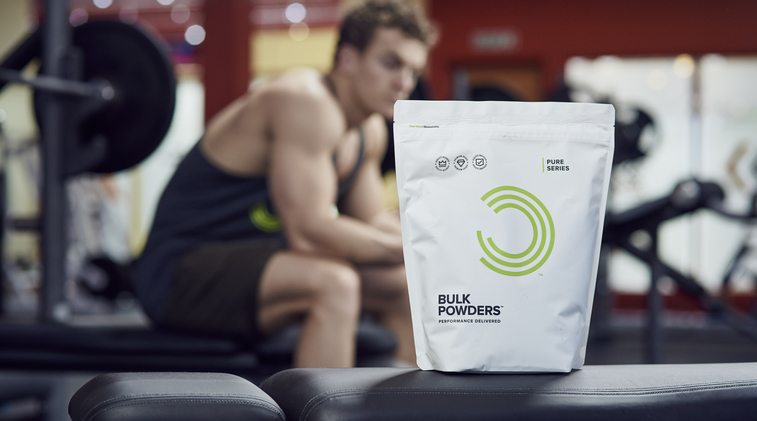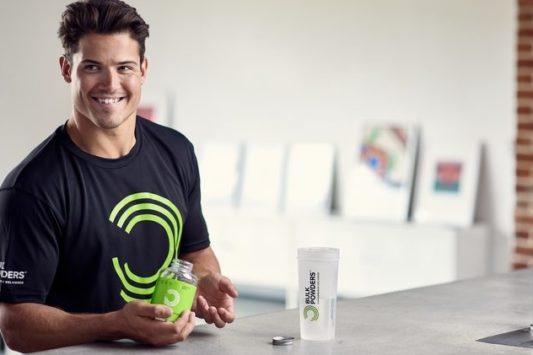Weight loss is a lot less complicated than some people would have you believe. There are companies out there selling dangerous weight loss pills and claiming to be the “secret to weight loss” and who promise to have you in that little black dress in no time.
Unfortunately, many individuals buy into these claims and ultimately fail at their weight loss efforts because they don’t fully understand that weight loss is all about the energy balance in your body. This energy balance refers to how many calories you consume and how many calories you burn; this is what dictates weight loss.
Anyone who has read any of my posts knows that I’m a big believer in “Knowledge is Power”. If you understand why and how you lose weight, you will be in a far better place to not only fit into that little black dress for your Christmas Party but to keep it for Valentine’s Day, too.
How your body works
Before we talk about calories and weight loss, let’s briefly explain what keeps our bodies ticking over every day. Your body requires energy to perform its daily tasks such as breathing, walking, talking and even concentrating. The more work you do (such as training or going for a walk) the more energy (calories) your body requires. This is referred to as the “energy balance” and basically means you need to provide your body with the same amount of calories that you burn in order to maintain your weight (and health!).
This energy (aka. calories) is obtained from the food we eat and is used to provide the energy for all the done work in the body. When we eat food, our bodies break down the large components and convert them into energy for our cells to use.
The body’s preferred source of energy is glucose (obtained from carbohydrates) but it can utilise fats and proteins, though much less efficiently. Calories (or more precisely, glucose) are to your body as petrol is to a car. If you don’t give it the fuel that it needs – it just won’t move!
Weight loss: obeying the laws of physics
The first law of thermodynamics (basically, a fancy physics law) states that “Energy can neither be created nor destroyed” – and this holds true for your body’s energy, too! If you consume more calories than your body needs, the energy contained within it must go somewhere! You guessed it – body weight. Simply put, if we consume more calories than we burn, we store the excess energy as either fat or muscle. The first law of thermodynamics has been obeyed.
It works the opposite way, too. If we are in a caloric deficit (burning more calories than we consume) our body must dive into the energy resources of its own to generate glucose for our cells to use. These resources include glycogen stores in the liver and muscle and of course, fat and muscle tissue.
Liver and muscle glycogen are the first fuel-tanks emptied during a state of calorific deficit, after which the body turns to fat and then finally, muscle tissue (but we don’t want to burn muscle for fuel – we need that muscle!).
Skewing the energy balance
If you are trying to lose some weight, you have to disobey your body’s orders slightly. You have to skew that energy balance into a caloric deficit. That is, consume less calories than you burn. There are a few ways to do this so let’s use this example to illustrate it.
Say you wanted to lose 1 pound of body weight per week. 1 pound of bodyweight is equal to 3,500 calories (there is maths involved here but we’ll skip over that!) so in order for you to lose 1 pound, you must be in a caloric deficit of 3,500 calories each week, which is 500 calories a day.
You could either restrict your food intake by 500 calories (but no one wants to do this), burn an extra 500 calories a day through exercise (that’s a lot of squats!) or you could combine the two by decreasing food intake by 250 calories and burning 250 calories more through exercise. The latter is the most common method employed as purely dropping your calories to a very low level can wreck havoc on your metabolism and overall wellbeing.
If you’re serious about losing weight, you need to be consistently tracking your macronutrient intake (ie. calories) by using something like MyFitnessPal (web based or via an app). This is the only sure-fire way to analyse your caloric intake and understand what your body needs to either maintain, gain or lose weight. The app is easy to use and makes dieting a walk in the park (minus the whole eating-less part!).
Once you know how many calories you require to maintain your weight, just subtract 250 of those calories from your daily intake and add 30 minutes of cardiovascular work a day.
Can I promote fat burning?
There is no magic bullet when it comes to fat-burning but the most effective methods are steady state cardiovascular work (running, cycling and the dreaded Stairmaster) and high intensity interval training (HIIT).
When you exercise at a low intensity for a long period of time (about 30 minutes), your body begins to utilize fats as its energy. Be careful not to exercise too long on an empty stomach because then your body will also dig into your muscle tissue for extra fuel and you won’t want to lose all of those gains!
Take home message
The biggest mistake people make when dieting is slashing their calories to such a low level that they run the risk of breaking down muscle tissue (also known as muscle atrophy) as a source of energy. Sure, you might lose weight more quickly but a lot of that weight will be coming straight from the quads! The safest route is to reduce your calories by 200 per day for two weeks, and re-assess. If you’re losing weight, fantastic! If you’re not, reduce by a further 100 calories each week until you see progress.
Remember though, weight loss is not something your body particularly enjoys and can put a lot of stress on your metabolism, hormones and energy levels. If you are serious about losing weight effectively and most importantly, safely, avoid dieting for longer than 8 weeks at a time. Dropping to a dangerously low weight is dangerous and speaking from personal experience, can lead to devastating effects.
Strive for a healthy body, not a thin body, and your body will thank you for it.




